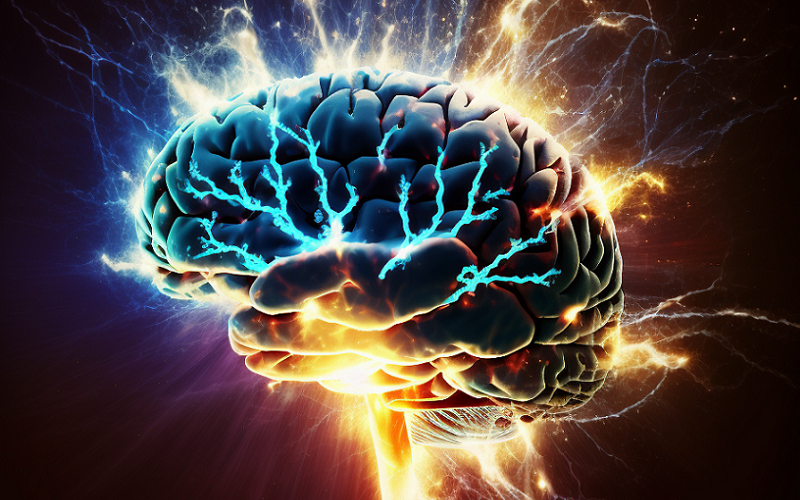In the digital era, technology has become a double-edged sword in the realm of mental health. On one hand, it offers unprecedented access to information, support networks, and tools for self-care, but on the other, it can exacerbate feelings of isolation, anxiety, and depression. The proliferation of mental health apps, online therapy platforms, and digital communities has made mental health care more accessible than ever. People who once faced barriers to accessing care whether due to geographic location, financial constraints, or social stigma now have the opportunity to seek help from the privacy of their own homes. Teletherapy, for instance, has become a lifeline for many, particularly during the COVID-19 pandemic when in-person sessions were not possible. These digital tools offer convenience, affordability, and the flexibility to fit therapy into one’s schedule, making mental health support more attainable for a broader population. Moreover, the internet has fostered the growth of online communities where individuals can share their experiences, offer support, and find solace in the knowledge that they are not alone in their struggles.
 Social media platforms, forums, and chat groups provide spaces for connection that transcend physical boundaries, helping to reduce the stigma associated with mental health issues. The constant bombardment of information and the pressure to maintain a perfect online presence can lead to increased anxiety, depression, and feelings of inadequacy. Social media platforms, while offering a space for connection, can also become echo chambers that amplify negative emotions. The curated nature of social media feeds often portrays an unrealistic standard of living, leading to unhealthy comparisons and self-esteem issues. Additionally, cyberbullying and online harassment are significant concerns, particularly among younger users, where the anonymity of the internet can embolden harmful behavior. Moreover, the rise of the always-on culture, driven by smartphones and other digital devices, has blurred the lines between work and personal life, contributing to burnout and stress. The expectation to be constantly available and responsive to emails, messages, and notifications can make it difficult for individuals to disconnect and take the necessary time for rest and self-care.
Social media platforms, forums, and chat groups provide spaces for connection that transcend physical boundaries, helping to reduce the stigma associated with mental health issues. The constant bombardment of information and the pressure to maintain a perfect online presence can lead to increased anxiety, depression, and feelings of inadequacy. Social media platforms, while offering a space for connection, can also become echo chambers that amplify negative emotions. The curated nature of social media feeds often portrays an unrealistic standard of living, leading to unhealthy comparisons and self-esteem issues. Additionally, cyberbullying and online harassment are significant concerns, particularly among younger users, where the anonymity of the internet can embolden harmful behavior. Moreover, the rise of the always-on culture, driven by smartphones and other digital devices, has blurred the lines between work and personal life, contributing to burnout and stress. The expectation to be constantly available and responsive to emails, messages, and notifications can make it difficult for individuals to disconnect and take the necessary time for rest and self-care.
The overuse of digital devices has also been linked to sleep disturbances, which are closely tied to mental health outcomes. To navigate the complexities of mental health in the digital era, it is crucial to strike a balance between leveraging technology for its benefits while being mindful of its potential pitfalls. This includes setting boundaries around technology use, such as designated screen-free times, and curating online experiences to prioritize positive and supportive interactions. Additionally, digital literacy is essential, particularly for younger generations, to help them navigate the online world safely and develop resilience against its negative impacts. In conclusion, while technology in the digital era offers significant advantages in making mental health care more accessible, it also presents challenges that need to be addressed and look at this site www.allgoodhealth.net. By adopting a balanced approach, individuals can harness the positive aspects of technology while mitigating its potential harm, thereby fostering better mental health outcomes in the digital age.